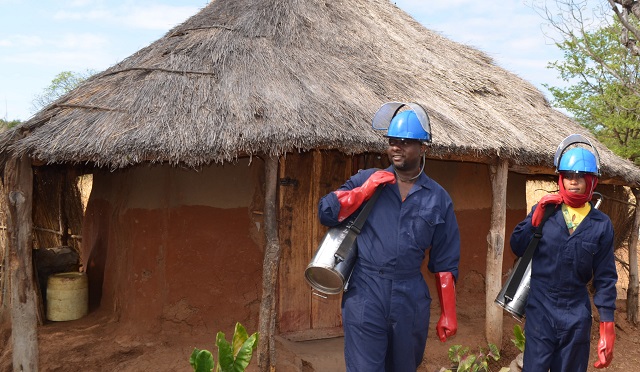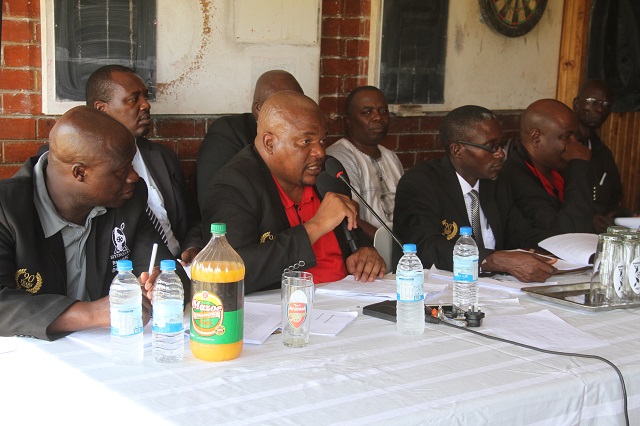Zimbabwe bags ALMA award for leading Africa’s anti-malaria fight

Happiness Zengeni in ADDIS ABABA, Ethiopia
Zimbabwe was yesterday honoured together with five other African countries for leading the way to a Malaria Free-Africa by 2030.
The country received the honour from the African Leaders Malaria Alliance (ALMA) at the 30th African Union Summit.
ALMA members are drawn from 49 Africa Union countries with the objective of eradicating Malaria on the continent by 2030. Zimbabwe is not a member.
At the 2018 Alma Awards for Excellence, which were presented by United Nations Secretary General Antonio Guterres and new AU Chairman and Rwandan President Paul Kagame, Zimbabwe, Madagascar, Senegal and the Gambia were honoured for reducing malaria cases by more than 20 percent from 2015 to 2016.
Algeria and Comoros were awarded excellence for being on track to achieve more than 40 percent drop in cases by 2020.
The Zimbabwe award was received by Minister of Health and Child Care Dr David Parirenyatwa.
They were computed using the ALMA Scorecard for Accountability and Action, which tracks progress and elimination.
The awards are then chosen by an independent committee of experts in health, academia and the private sector
While malaria deaths have plunged by more than 60 percent since 2000, cases rose in a majority of African countries in 2016.
The World Health Organisation (WHO)’s World Malaria Report 2017 signalled that, for the first time in more than a decade, progress against malaria on the African continent, which accounts for almost 90 percent of the global malaria burden, has stalled.
Malaria, a treatable and preventable disease, already costs the African continent’s economy $12 billion per year in direct losses, and 1,3 percent of lost annual GDP growth.
The AU has always advocated that it is critical to sustain the political commitment, as articulated in its continental Agenda 2063, which seeks to eliminate malaria in Africa by 2030 through increased domestic financing, increased access to life-saving malaria interventions as well as more robust health systems.
According to the World Malaria Report, more than 40 countries are on track to meet global elimination goals, yet cases went up by more than 20 percent in 25 countries indicating a reversal in progress including eight in the African region. Some 90 percent of all malaria cases still occur in Africa.
Swaziland Prime Minister Dr Barnabas Sibusiso Dlamini said it was important that African countries allocate budgets to eliminate malaria.
“When we take our eyes off malaria, the cost for our countries is huge. Yet if we increase our efforts to control and eventually eliminate malaria, the yield we get from it is tremendous. It is time that we dig deep into our pockets and provide malaria programmes with the needed resources.
Mr Guterres said the world must go further with greater resolve to eliminate malaria.
“Success will require even greater commitment and stronger collaboration across sectors and borders particularly as countries near their elimination targets.











Comments